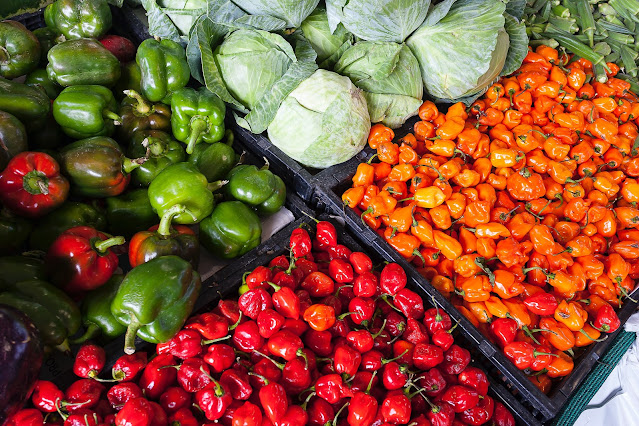Building Sustainable Food Systems: Empowering Africa with Local Seeds and Sustainable Agriculture!
Africa has been facing a food shortage for many years now, and the problem only seems to be getting worse. To address this issue, the continent has turned to high yield crop varieties in the hopes of increasing food production. However, the reliance on these seeds from multinational companies comes at a great cost to the environment and local farmers.
One of the main issues with high yield seeds is their demand for more nutrients from the soil, fertilizer, and specialized chemical treatments to attain their full potential. This not only depletes the soil of essential nutrients but also contributes to pollution and environmental degradation. Additionally, farmers cannot replant these seeds, leading to a cycle of dependence on the seed companies. As a result, many farmers are forced to purchase these expensive seeds every year, leaving them with little control over their own livelihoods.
Furthermore, the use of high yield seeds has resulted in the destruction of soil and new land acquisition, contributing to the food shortage in Africa. The need for more land to grow crops has led to deforestation, soil erosion, and land degradation. The high yield seeds are also not as palatable as the local ones, leaving farmers with much to lose. The lack of diversity in crop varieties also makes the agriculture industry vulnerable to pests and diseases, further impacting food production.
To address this problem, Africa needs to focus on waste management since it wastes 50% of its food. The government needs to take food waste seriously and prioritize local seeds over commercially driven seed companies like Monsanto that aim to take away the heritage of Africa's forefathers. By reducing food waste and promoting local agriculture, Africa can become more self-sufficient and less reliant on multinational companies.
One solution to this problem is to invest in sustainable agriculture practices that promote the use of organic fertilizers and natural pest control methods. These practices not only improve soil health but also promote biodiversity, making agriculture more resilient to pests and diseases. By investing in these practices, farmers can improve their yields while also reducing their dependence on expensive and environmentally damaging inputs.
Another solution is to promote seed saving and the use of traditional crop varieties. Local seeds have adapted to the local environment over many years and are often more resilient to pests and diseases. By promoting the use of these seeds, farmers can reduce their dependence on multinational companies while also preserving their cultural heritage.
Africa's reliance on high yield crop varieties from multinational companies is a costly and unsustainable solution to the food shortage problem. By investing in sustainable agriculture practices and promoting the use of traditional crop varieties, Africa can become more self-sufficient and less reliant on expensive and environmentally damaging inputs. The government must prioritize waste management and local agriculture to create a more resilient and sustainable food system for the future.
The Consequences of High Yield Seeds:
- Depletion of soil nutrients and environmental degradation.
- Dependence on costly inputs and lack of control for farmers.
- Destruction of soil, deforestation, and land degradation.
- Vulnerability to pests and diseases due to limited crop diversity.
Addressing the Problem:
- Promoting waste management and reducing food waste.
- Prioritizing local seeds over commercial seed companies.
- Investing in sustainable agriculture practices.
Sustainable Agriculture Practices:
- Organic fertilizers and natural pest control methods.
- Improving soil health and promoting biodiversity.
- Reducing dependence on expensive and harmful inputs.
Preserving Traditional Crop Varieties:
- Encouraging seed saving and the use of local seeds.
- Resilience to pests and diseases.
- Preserving cultural heritage and agricultural diversity.
Creating a Resilient Food System:
- Balancing self-sufficiency and reduced reliance on multinational companies.
- Government prioritization of waste management and local agriculture.
Achieving sustainable food production and environmental preservation.
Africa's food shortage cannot be effectively addressed by relying solely on high yield crop varieties from multinational companies. By embracing sustainable agriculture practices and promoting the use of local seeds, Africa can build a resilient food system that is less dependent on costly inputs and harmful environmental practices.
It is crucial for governments and stakeholders to prioritize waste management and local agriculture to ensure long-term food security and preserve Africa's agricultural heritage.




Comments
Post a Comment